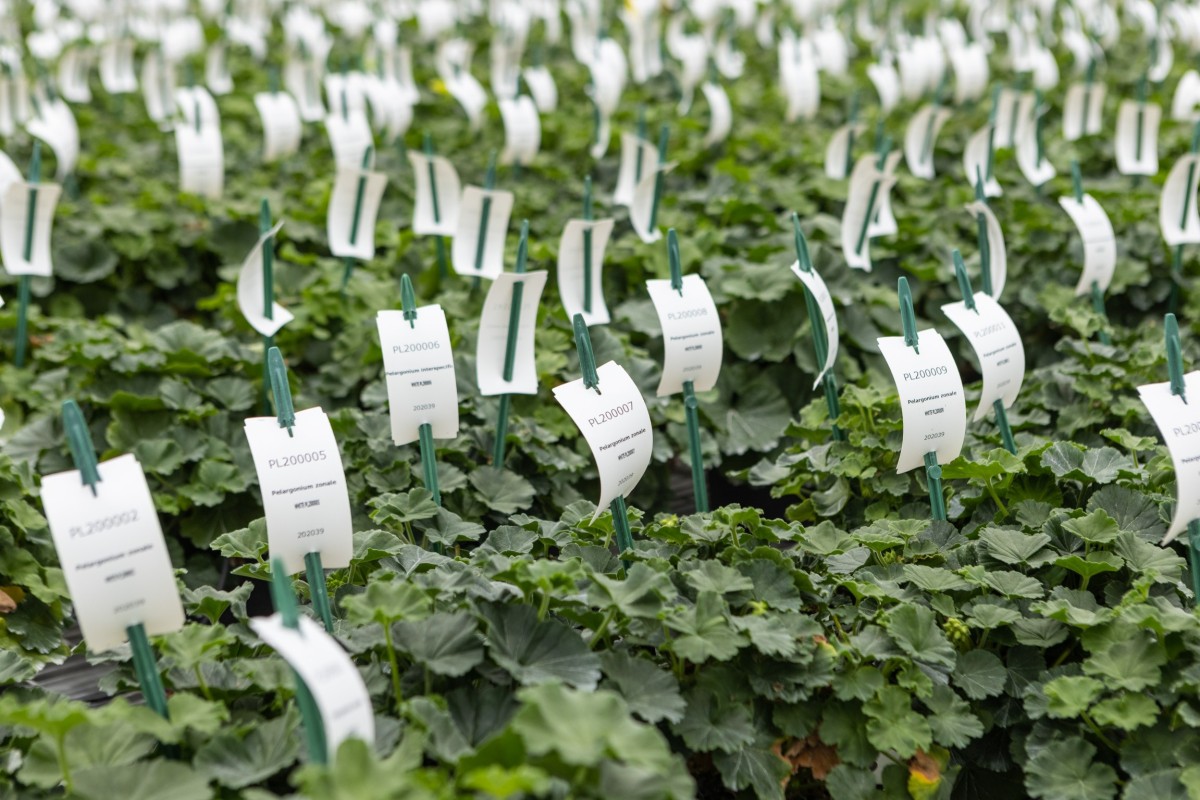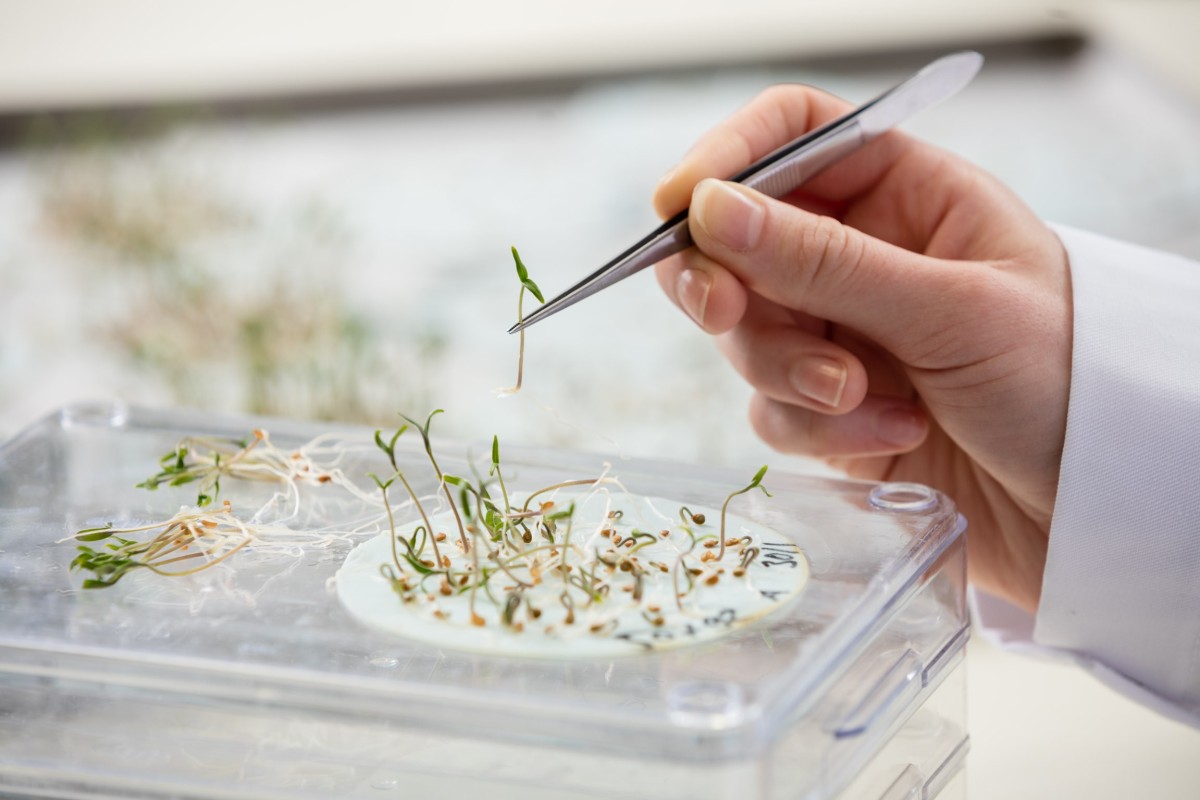
In cases where liability is at stake, it is essential that a laboratory for seed quality works correctly. NAL takes all the critical points of quality testing of seed into account: sampling prior to testing, the quality assurance system at the laboratory, the expertise of the analysts, the protocols and issuing the results via NAL quality certificates.
NAL authorization is possible for every type of seed quality testing: germination power, moisture content, purity, the determination of usable plants in soil, health, varietal trueness and varietal purity et cetera. This has been chosen to maximize the benefits of NAL authorization.
Naktuinbouw has expertise regarding all aspects of the authorization system: setting up the system, training the analysts, developing and approving the test methods and the corresponding proficiency tests. Our experts monitor registered laboratories via annual audits.
Regulations
The NAL conditions are based on various directives and criteria. A complete overview of these conditions can be found in NAL conditions, v11.1 (NAL conditions, v12 in force on 1 October 2024).
Procedure
NAL authorizes your laboratory for the following points:
- Quality assurance management system
The laboratory has an adequate and solid quality assurance management system: critical points such as testing and sampling are safeguarded. - Trained analysts
The staff have the qualifications and competencies required to perform the technical tasks professionally and with the necessary expertise. - Approved test protocols
The laboratory performs the quality tests based on testing protocols that have been assessed and approved by Naktuinbouw. - Proficiency tests
The laboratory takes part in the (annual) program of proficiency tests. - Communication
Managed communication of reliable quality information is issued via standard NAL quality certificates.
For more information, please consult our flyer.

NAL Authorized laboratories
Fee
The Naktuinbouw board establishes our inspection fees each year. The fees are subsequently approved by the Minister of Agriculture, Nature and Food Quality. The costs are charged based on the cost-maker cost-bearer principle. The fees for inspection can be found here Rates/fees.
Application
Would you like to apply for authorization for your laboratory, or would you like more information about our authorization system? Please contact Bureau Authorization (see below).
Questions?
Bureau Authorization
+31 71 332 61 90 | Team Authorization
Frequently asked questions (FAQ)
8 results
You can register for our newsletters on our website
You can contact Amanda van Dijk per email: nal@naktuinbouw.nl
The sampling requirements as described in the NAL conditions version 12 will become into force from 1 October 2024. Tests performed after this date that are used for NAL quality certificates must meet these requirements. The period between the adoption of the new requirements (15 March 2024) and 1 October 2024 is needed to adapt the sampling (and possibly test) protocols by NAL-participants, and their review by NAL. Small and commercial seed lots sampled and tested before 1 October 2024 are exempt from this requirement and seed health test results can be used for NAL quality certificates when tested according to in-house sample sizes.
You are always responsible to check requirements of third parties yourself. Third parties may request a test on a larger sample.
Small seed samples come from a (very) low number of plants. The ratio between the one plant infected with a pathogen and the other(s) is high, so the infection rate is high. The relevant number of seeds is extrapolated from ISPM no. 31, appendix 2, table 1 and can be calculated by the formulas in appendix 2.
For bacteria this is coming from requirements for GSPP (Good seed and plant practices, see GSPP : hygiene in seed production and plant raising to prevent infection with pathogens). Compared to bacteria, viruses and fungi have a different risk (a different infection rate and a different distribution) which leads to different number of seeds
Sample size and subsample sizes must be described and validated in your test protocol and/or validation report. See condition 22.8.6. This is reviewed by NAL.
Each test must reflect the whole sample, the sample can not be divided prior to starting the test protocol.
